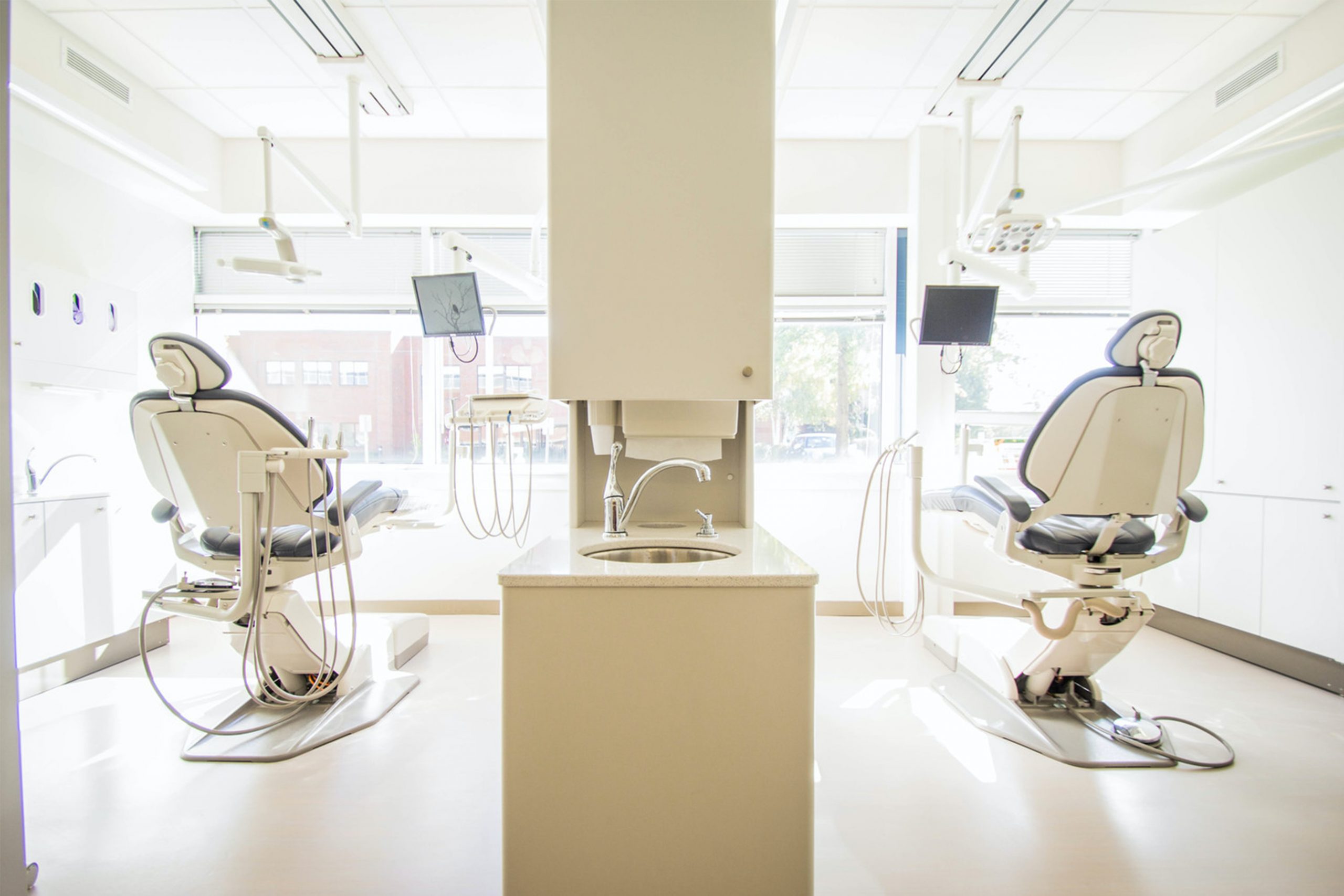Year-End Tax Planning Tips for Medical and Dental Professionals
There are several reliefs and allowances available for GP practice, medical and dental professionals who are interested in maximising income and minimising tax. At Veritas Accountants, we can help you include these considerations in your tax planning efforts. In this blog, we’ve rounded up 8 common tax planning tips for medical and dental professionals. Before we start, it’s important to note that while the current UK tax year runs from 6 April 2021 to 6 April 2022, your tax filing deadlines will vary depending on your business structure.

8 Tax Planning Top Tips
- Maximise your ISA Allowance
For the current tax year 2021/22, the maximum you can save in your Individual Savings Account (ISA) is £20,000. This is known as your maximum annual allowance and can be spread over multiple types of ISAs, such as cash ISAs, stock and share ISAs, and lifetime ISAs. Given that you cannot carry forward this allowance, take advantage of the full amount prior to tax year-end.
- Leverage your Annual Allowance for Pension Contributions
There is no limit on the amount you can save into your pensions each year, but there is a limit on the total amount that is eligible for tax relief. This limit is presently £40,000 or 100% of your income (whichever is less). However, if you’re a doctor or dentist with an income over £200,000/year, your annual allowance may gradually reduce to as low as £4,000. While you can rollover any unused portion from year-to-year, make sure you’re using the maximum amount in the current tax year. If you’d like more information on your annual pension allowance, please contact Veritas Accountants.
- Claim tax relief on eligible expenses
If you work fIf you work for yourself or own a limited company, you can claim relief on eligible expenses. These include expenses that were made ‘wholly and exclusively for the purpose of your trade’. If the expense serves both a personal and professional purpose, then only the professional portion of the expense can be claimed. If you’re unsure whether your expenses qualify for tax relief, feel free to contact us for free, no obligation discussion.
- Boost your income and claim tax relief on approved professional organisation fees
You may be eligible to reclaim tax on fees paid to approved professional organisations like the General Medical Council and British Medical Association.

Tax planning requires detailed planning and effort. And if you’re a busy medical professional with minimal or no time to spare, contact Veritas Accountants to discuss your tax plan today. Our accountants are highly specialised and passionate about serving professionals specifically in the medical and dental professions.
- Charity Donations
Tax relief is available on charitable donations courtesy of the Gift Aid scheme. Once you’ve made a donation, you can claim back the tax paid as part of your donation. If you donate via the scheme, you will be able to claim the difference between the basic tax rate claimed by the charity and the higher rate of tax that you might pay as a doctor or dentist.
- Make sure you’re not overpaying any National Insurance
Depending on your source(s) of income, whether its NHS revenue and/or private practice income, you’ll be expected to make national insurance contributions either way. But there is a maximum amount of national insurance at the main rate any individual taxpayer is expected to pay in any given year. For self-employed, an adjustment is made via your tax return to ensure the correct amount is paid. If in two employed roles, the excess can be reclaimed at the end of the year from HMRC as a cash refund. It’s best to contact one of our accounting specialists to discuss your options if this applies to you.
Understand your business structure
To maximise and optimise tax planning, it’s critical to understand the implications of your business’s legal structure. Whether you operate as a sole trader, in a partnership or as a director in a limited company, the most suitable structure can help you reduce income tax national insurance contributions and limit exposure to the pension tax charges.
